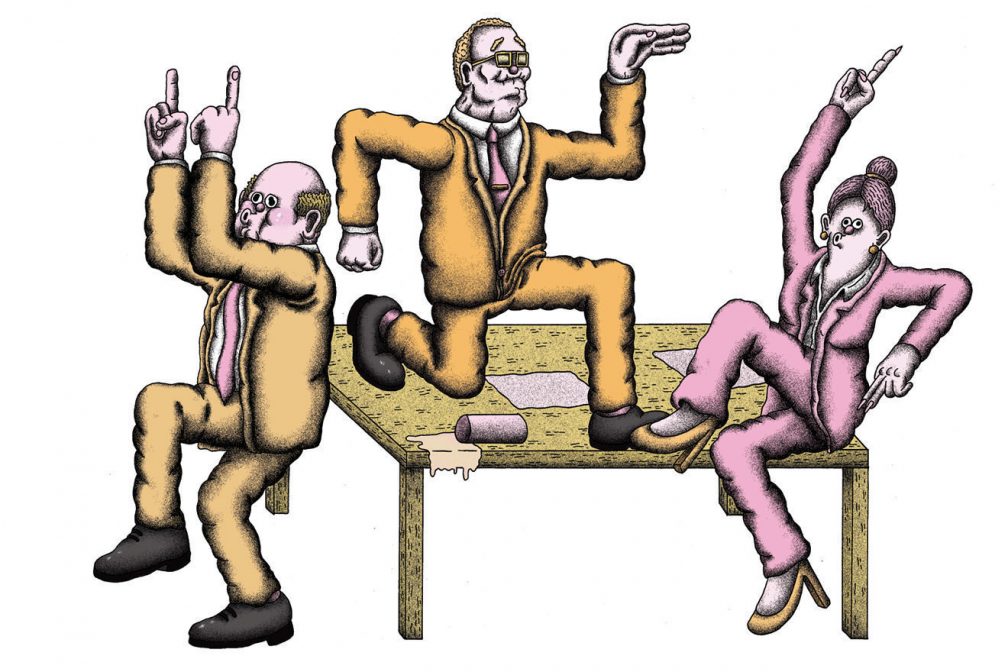
Dance music panels and conferences are more important than ever
While conference centres might seem a long way from the original ramschackle spirit of acid house, they really are imperative
The words ‘conference centre’ hardly fill you with tense anticipation. If anything, they strike up images of businessmen in drab grey suits, tucking into an uninspiring pastry selection and some weak filter coffee before spending the next three hours listening to a talk on business projections for the next 12 months. It’s hardly Sunday at Space, or a week-long crack-on that starts on Friday and shows no sign of slowing down by the time you get to Wednesday. But over the past decade or so, electronic music conferences have become a key part of the dance music calendar. Of course, Miami’s Winter Music Conference started it all back in 1985, but as that’s descended into a race to see who can get into P Diddy’s house first, a whole host of new events have sprung up, becoming more crucial to dance music with each passing year.
Among the doomed start-ups (“It’s like Twitter, only for lighting engineers”; “It’s an app that analyses the BPM of a track and compares it to the heartbeats of your top connections on LinkedIn”), there is actually some worthwhile stuff going down.
“The real business of the year gets done at ADE,” says Ed Karney, Director of Grade Management which looks after Seth Troxler and B. Traits, among others.
“You can’t underestimate how important it is to us as a management company and probably everyone else who is doing serious business in electronic music. It’s a chance for us to meet with all the key promotors, labels and brands, look them in the eye and get things done.”
But while having key music industry figures in one place for five days has obvious benefits for those at the business end of dance music, it’s also an opportunity to take collective stock of where we’re going, and try to implement change too.
“Conferences set the agenda for change in our industry in this day and age,” explains Ben Turner, manager of Richie Hawtin and one of the founders of IMS. “It’s between good editorial content and well-curated conferences that thought and change can be stimulated in our industry.”


